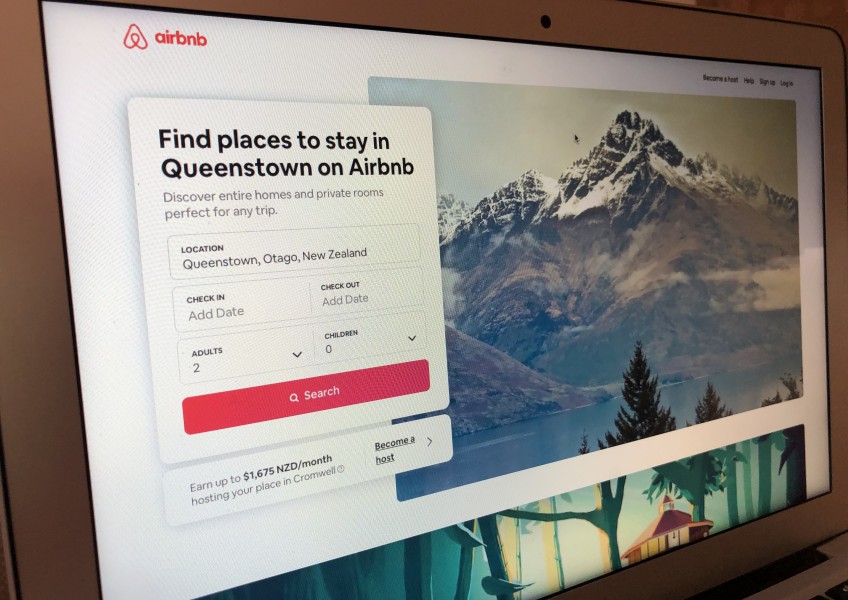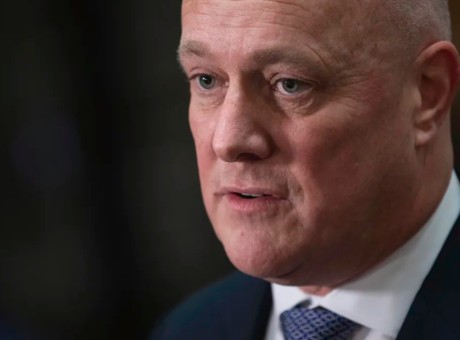All eyes on Rotorua as council looks to make money off Airbnbs

The council in Rotorua is proposing to make owners of Airbnbs pay more in rates and if changes go ahead it will be getting smarter about how it monitors operators.
As part of its Long Term Plan discussions, the Rotorua Lakes Council is looking to shift short-term accommodation providers - such as AirbnB hosts - from residential rates to commercial rates if they advertise more than 60 available guest nights in a financial year.
The council says up to 1,000 properties across its district would fall into the category, and if adopted the rating change would generate an additional $900,000 per year.
It says casual accommodation sharing platforms like Airbnb present a "real issue given the district's housing shortage" and also put more demand on council services like roads, footpaths and parking.
Anthony Longman, the head of destination at the Central Otago District Council, says staff are "watching this space" in regards to where Rotorua's potential new rules land.
"One of the key differences in the Rotorua proposal is the wording around 'advertised' versus 'occupied'," Mr Longman says.
Because of this, additional information on occupancy rates will not be required for regulation, circumnavigating a common issue with monitoring Airbnb and the like, a reliance on homeowners doing the right thing or the platform host itself sharing data, either willingly or as required by legislation.
Rotorua Lakes Council group manager corporate services Thomas Collé tells Crux if the policy is adopted the council will use a third party that analyses online public information for monitoring purposes and it will be enforced by council staff.
The Rotorua staff declined to divulge who that third party may be.
When it comes to peer-to-peer accommodation hosting platforms, Mr Longman, at the Central Otago council, says he is not aware of a single easy way to capture data and then match that to a rating database.
"We have looked at several tools that track online booking platforms, such as Airbnb, VRBO and booking.com, and capture the number of listings, availability, and average value of bookings. This data can then be cross matched with the rating database through a manual process."
A spokesperson for the Queenstown Lakes District Council says staff are focused on enforcing the district's own short-term visitor accommodation rules, but declined to comment on how staff tackle the challenge of monitoring occupancy rates for any one provider.
They said the process of ensuring operators comply with the district plan's rules is managed by the council's monitoring, enforcement and environmental team, who "proactively monitor this activity."
"We’ve run extensive campaigns in the past where teams have actively worked towards compliance with the rules and rates that are applied. In addition, we investigate any complaints we receive and, if required, obtain compliance with the rules."
They say "education is a key part of the process".
Meanwhile Lincoln University Associate Professor Anthony Brien thinks regulating short-term visitor accommodation rules all over New Zealand falls short because the impetus is on home owners to do the right thing and accurately report on their situations.
He doesn't have much faith in this strategy: "If you can get away with it you will," he tells Crux.
Professor Brien is pushing for a law change that would require platforms like Airbnb to share data on hosts with local authorities, as is the case in some other global destination.
"Take the European law, tweak it so it is customised, and implement, and then councils would have the information coming to them of who was in the game," he says.
"At the moment it is absolutely reliant on self-reporting."
Consultation on the Rotorua Lakes Council's Long Term Plan closes today. If adopted by the council at a meeting scheduled for June 26, the plan will take effect at the start of July.


























